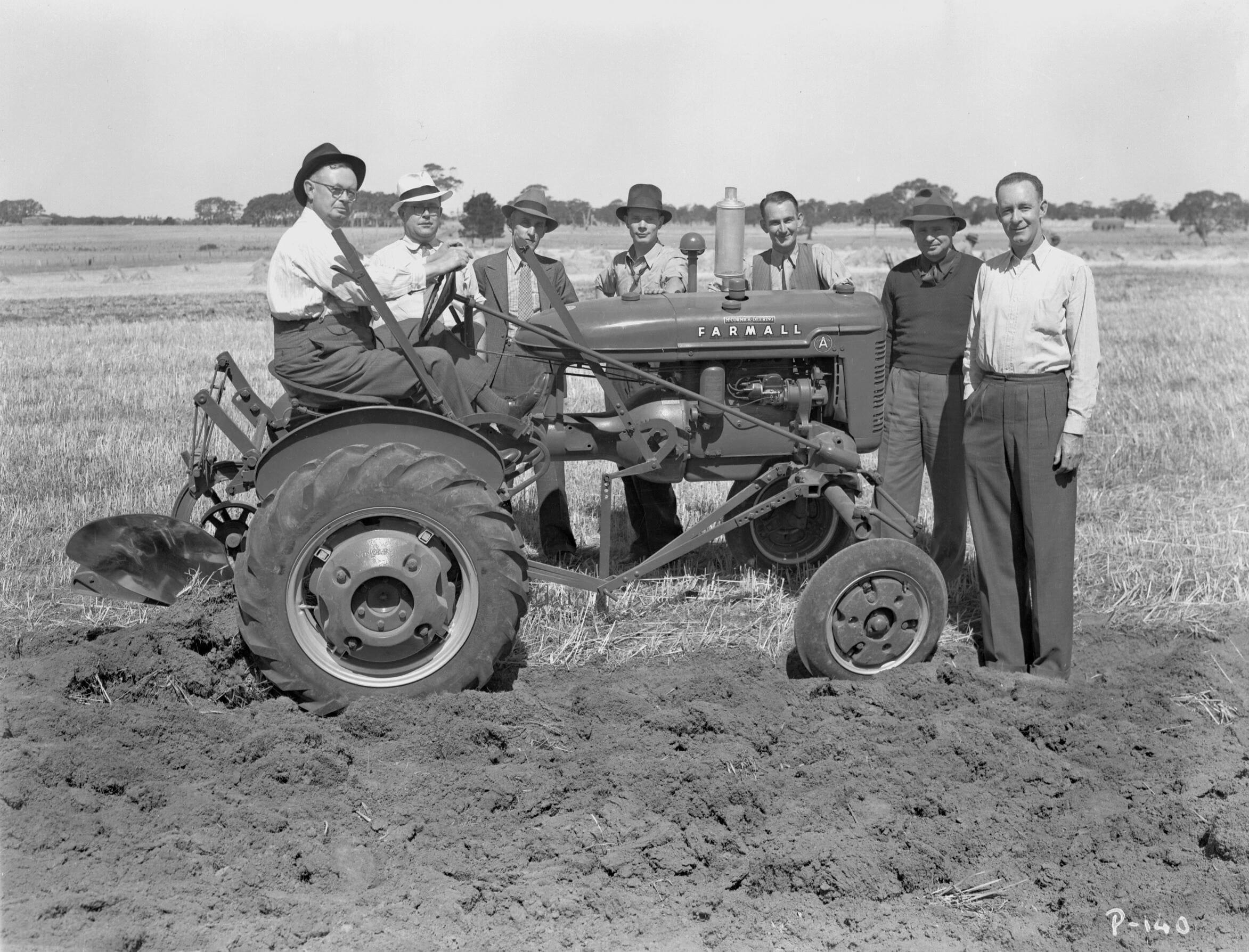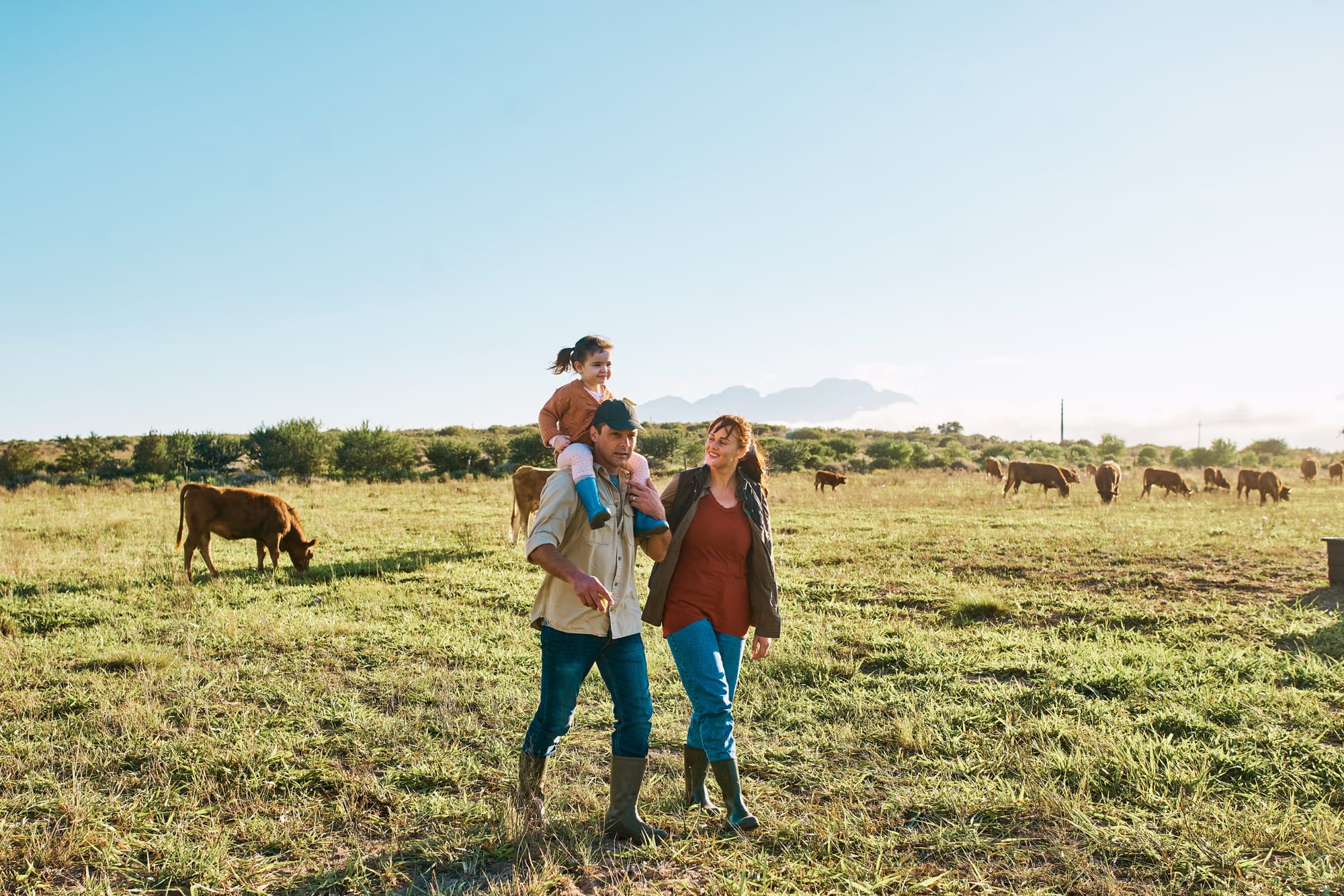
Neil Varcoe was a tech executive in Sydney until he bought an old hotel in Carcoar, NSW, population 272. Here’s the fourth instalment of his monthly column for Galah.
1.
The day after Opposition leader Peter Dutton announced his nuclear scheme, someone in my postcode Facebook group started war-gaming the end of the world.
They had written a deeply considered post, complete with a marked-up Google map showing the impacts of nuclear fallout at distances from the proposed site of a reactor that will almost certainly never be built. My thumb hovered and twitched above my phone.
I rehearsed argument after beautiful argument. Then I stopped. And with the swipe of my thumb, I was out.
2.
Last year I spent six days in a community hall eating funeral sandwiches and drinking tea out of an urn older than Jesus. It was a farming course in Rylstone, 25 minutes’ drive from Warramba in the NSW Central Tablelands, and it included a key to rural living.
Holistic Management is a decision-making framework developed by Zimbabwean farmer Allan Savory. It helps land managers regenerate landscapes and revitalise communities. I was fresh out of Twitter. I had not seen an overhead projector since primary school. The low lighting and gluten were making me drowsy.
On day four of reading grazing charts — lengths of paper that unfurled like ancient scrolls — I made an excuse and wagged at the local cafe. While grazing charts felt old hat beside the network of satellites we use to assess feed on offer at Warramba, an insight buried in the program would fundamentally change how I operate.
This system, delivered by the globally recognised Savory Institute, drew my attention to a critical part of rural life that I hadn't considered—"community dynamics", which I will now refer to as the Bogged Tractor Principle.
Community Dynamics is about considering how your neighbours feel about a management decision. It puts community cohesion at the centre of decision-making. In rural communities, people rely on each other in ways they don't in cities. Put simply: “If you've had a crack at Clive for planning a nuclear bunker, he's unlikely to pull your John Deere out of the mud.”
3.
Four regenerative farmers sat around my table scoffing Monte Carlo biscuits. I don't care what anyone says, everyone loves Monte Carlos. Not everyone loves vaccines. At the time I was the only person who had taken the Covid jab, an issue in the rear-view but still visible.
I'd spent almost a decade combating misinformation online. I knew every talking point and counterargument. I also kept quiet and refilled their cups of tea. I like these people; I admire them. I also don't need to agree with them on everything. They can be wrong, and so can I.
4.
“It's about time something went wrong,” Hamish said.
Hamish Keith is the owner of Wilga Station and The Woolstore, two unique accommodation offerings in Bathurst. These thriving regional businesses are 40 minutes’ drive from our new venture, Saltash Farm, in Carcoar. Hamish once spent tens of thousands of dollars on sheep-shit removal. The local council thought the risk of fossilised faeces beneath a historical shearing shed under renovation for guest accommodation was too great.
Sheep-shit tangents aside, Hamish was right about timing, because now we were dealing with a pile of poo, too.
There are 272 people in Carcoar. Two residents wrote submissions against our hotel plans. Instead of getting the tick of approval, we had to face a council meeting.
5.
A villager asked what was wrong, and I carefully explained what had happened. Within minutes, the news was around the pub. Within hours it was around the town.
In the course of the next few days, texts of support were sent, an email campaign to council began, and a petition in support of the project gathered speed down Belubula Street.
We're not in the clear yet, but Carcoar is a great place to be if your tractor gets bogged.

Regional Australia Bank lives and breathes the regional Australia spirit, playing an active and influential role in its communities, and empowering the people and businesses of regional Australia to achieve great things.
RAG status reporting is used in project management to update executives quickly using a traffic light system. “Red” means trouble, “amber” signals bumps in the road, and “green” means everything is going according to plan. If you see green, someone is lying.
Please see the June report below and socialise it with your teams. If you notice opportunities for cross-functional collaboration, let’s create a window to discuss possible workflows.